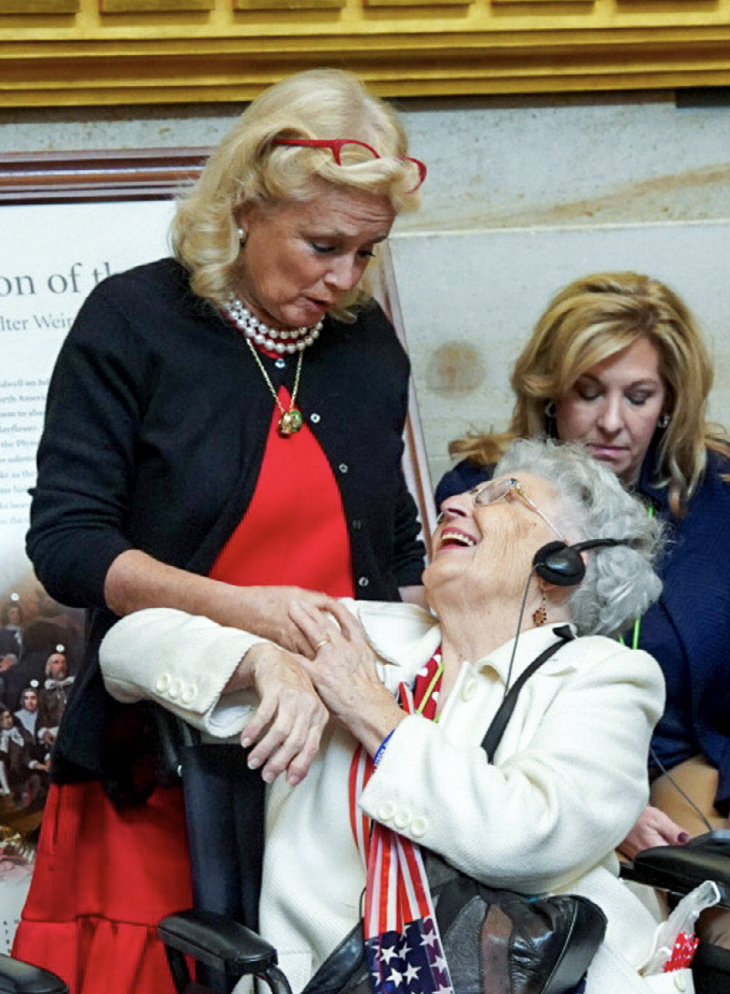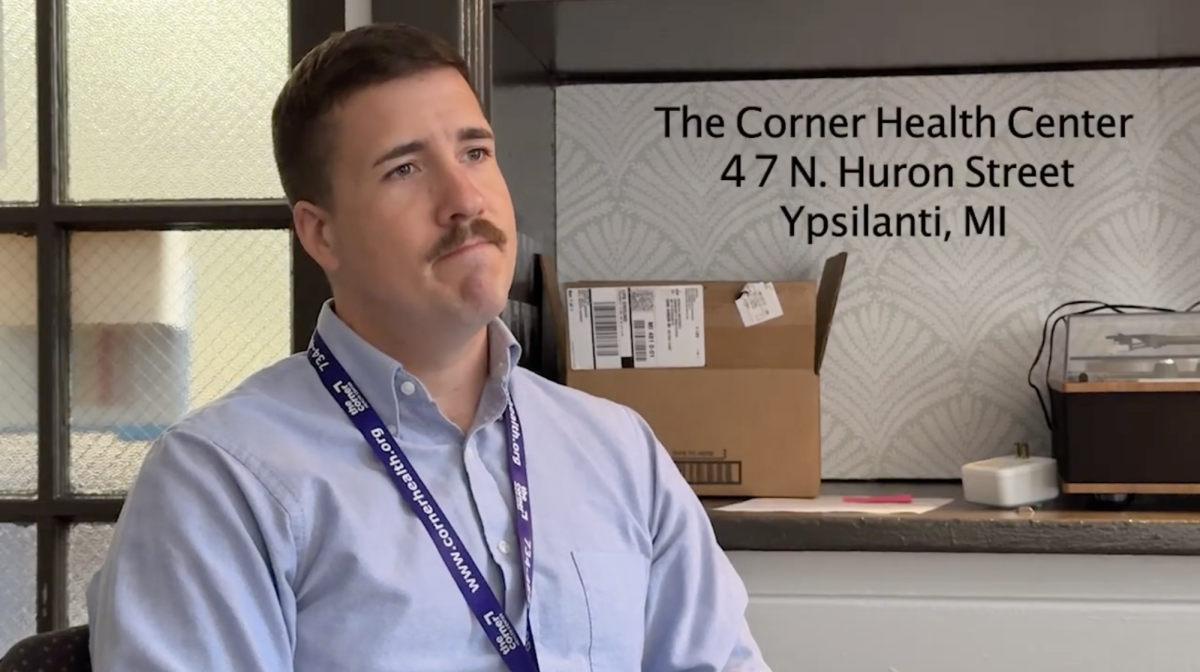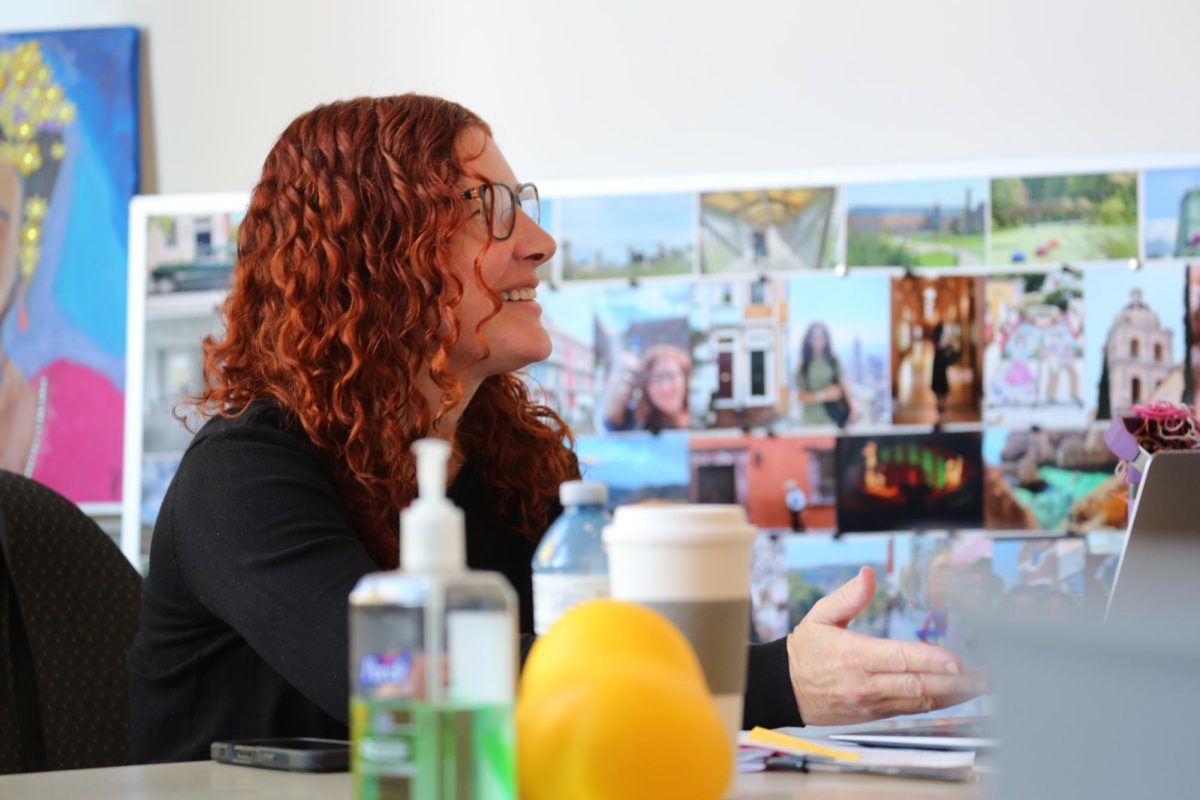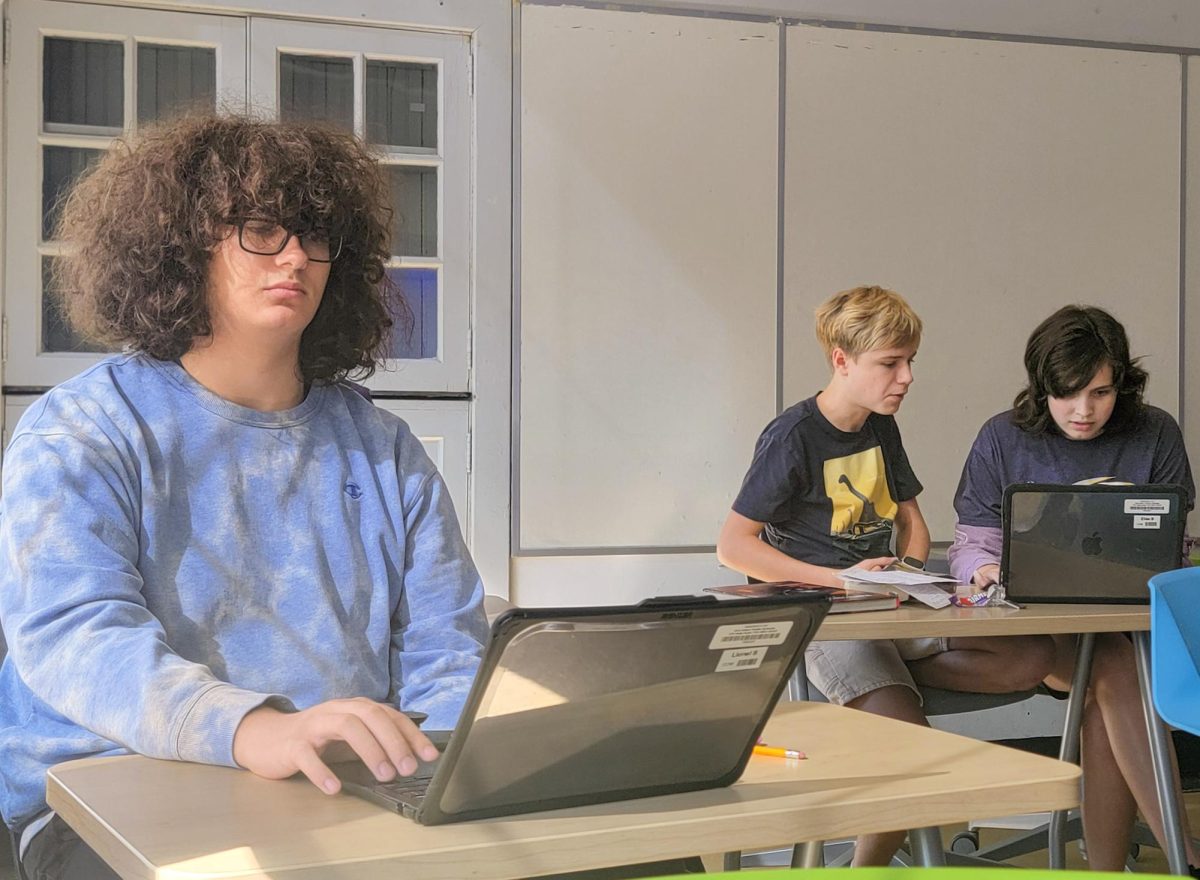When Representative Debbie Dingell first heard about Private Reheel Siddiqui’s death, she knew something was up. On March 18, 2016, Siddiqui —originally from Taylor, Michigan— died of a reported suicide at a marine boot camp in Parris Island, North Carolina. Siddiqui was a class valedictorian who never had any previous mental health issues; his family couldn’t understand why he would kill himself. Neither could Dingell, so she went and talked to veterans, got out in the community, wrote letters to generals and pressed for additional information. Finally, she got to the bottom of what turned out to be a much more corrupt situation than what was presented.
Dingell discovered that Siddiqui wasn’t the first Arab-American that a Parris Island drill sergeant had violently mistreated. Her determination to help her people won justice for Siddiqui and his family and brought attention to the wrongs experienced by people in similar situations.
This is just one of the many instances where Dingell talked to the people in her community about the issues concerning them. She’s served in the U.S. House of Representatives since 2014 and is up for reelection this November.
“As I prepare for this year’s election, I do what I’ve done since I’ve been elected, which is to listen to people,” Dingell said. “I go where people are. I go to the farmers markets. I go to the Union halls, the veterans halls, the schools. I love talking and meeting with kids and listening to what’s on people’s minds.”
Dingell has been at her home in Ann Arbor almost every weekend since August so that she can meet with people in order to understand the issues that they’re concerned about: so she can help them. She’s found that young people especially are worried about their futures as well as the future of the environment and the United States as a whole.
“They’re worried about what the world is going to be like for them in decades to come,” Dingell said.
Dingell addresses these concerns by bringing people together to solve these issues in ways that the people she represents can be proud of. One of Dingell’s main focuses is on environmental issues. In dealing with the 1,4-dioxane plume issue in Ann Arbor, she listened to the communities that were pitted against each other. She brought both sides together, held meetings and helped them to work together so that she could bring the issue higher and higher up, eventually getting some guidelines in place to reduce pollution and help begin to fix a long-lasting problem.
“Global climate is real, so I bring everybody who cares about it and has a perspective to the table,” Dingell said. “And instead of getting people to fight each other, [we] find the common ground where we can all work together.”
This idea of finding a “common ground” is one of Dingell’s key strategies for making change and ties into her essential process of listening and understanding people. In Congress, Dingell works with people who have different perspectives than her every day. Despite her current Democratic stance, her political views were different than they are today. Dingell has always fought for what she believed in, regardless of her affiliations with either party.
“I’ve been involved in the public policy process since I was in high school,” Dingell said. “In those days, I was actually a Republican.”
After Dingell married her husband, John Dingell, she shifted toward a more democratic approach. John, a Democrat, held the seat that Debbie now holds in Congress. Today, Debbie works with both parties frequently and strives to achieve the goal of helping the people of America, putting aside differences so that change can be made.
“I think it’s important to work with everybody, to listen to what they have to say, to find the common ground,” Dingell said.
Dingell works on bipartisan issues almost every day. In the House and on the streets, she solves problems with people who have all kinds of different perspectives, always seeking to better the lives of Michiganders in the 6th District and the nation as a whole.
Siddiqui’s case is just one of many examples of Dingell’s determination to help people. Even before she was in Congress, she was doing this. In Dingell’s time at Georgetown University, her roommate was diagnosed with a heart problem and Dingell soon realized there was a lack of research being done on women like her roommate. She found that even extremely large studies on heart disease often included little to no data on women. Due to her findings, Dingell helped start the National Women’s Health Resource Center. Dingell has advocated for women’s health in a variety of areas, including breast cancer, endometriosis and menopause.
Issues like these are what drive Dingell. She urges people —young and old, experienced and new— to get involved.
“Become an expert on the issue. Get engaged in advocacy,”Dingell said. “Find people who want to work with you, to be the change you want to see.”
Dingell is a problem solver. She is someone who knows how to get things done and finds that the best way to do this is to talk to people and to understand everyone’s point of view. That’s how she can represent the entirety of Michigan’s 6th District.










